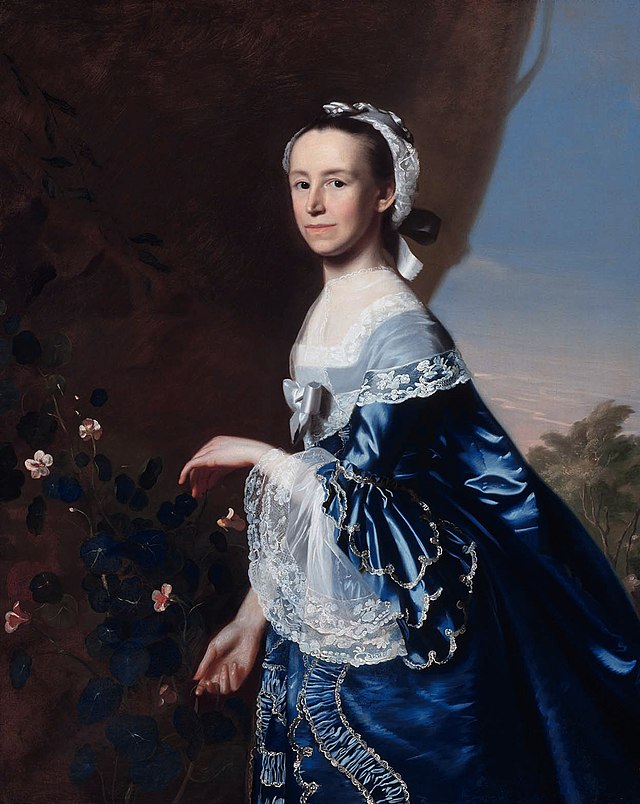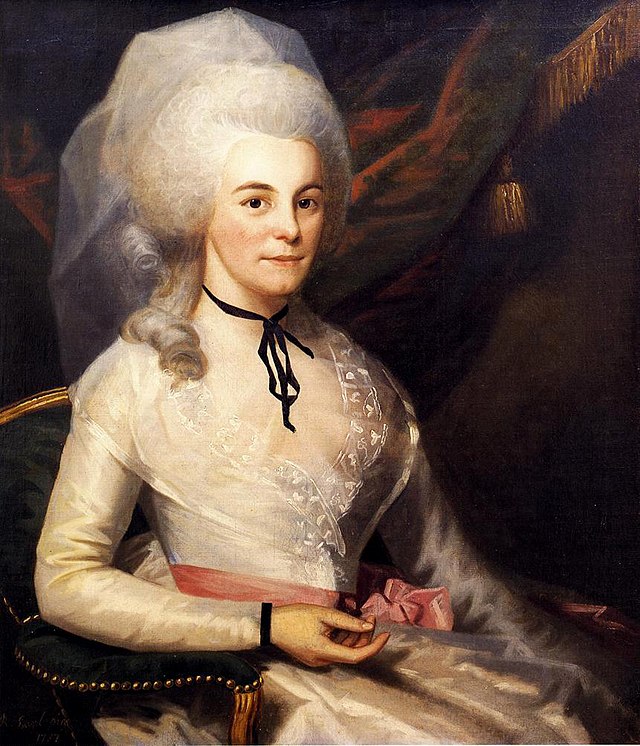Leveling the playing field with the ERA for Women in Sports
February 04, 2026
By Jenny Horn
On March 31st, 1776, Abigail Adams wrote to her husband, John Adams, urging him and the other members of the Continental Congress not to forget about the nation’s women when fighting for America’s independence from Great Britain.
“I long to hear that you have declared an independency. And, by the way, in the new code of laws which I suppose it will be necessary for you to make, I desire you would remember the ladies and be more generous and favorable to them than your ancestors. Do not put such unlimited power into the hands of the husbands. Remember, all men would be tyrants if they could. If particular care and attention is not paid to the ladies, we are determined to foment a rebellion, and will not hold ourselves bound by any laws in which we have no voice or representation.”
Abigail Adams
Abigail Adams was just one of the many extraordinary women acting as a voice for American independence and equality during a time when men almost exclusively dominated the political and public spheres. Other founding mothers of the United States include Phillis Wheatley, Deborah Sampson, Martha Washington, Mercy Otis Warren, Esther Reed, and Elizabeth Schuyler Hamilton. It is crucial to remember the men in history in context alongside the strong women who used their influences to get us where we are today.
Phillis Wheatley, kidnapped from West Africa and brought by slave ship to Massachusetts in 1761, grew up to be the first published African American poet. Wheatley was a strong supporter of American independence and often wrote poems in honor of General Washington.
“No more, America, in mournful strain Of wrongs, and grievance unredress’d complain, No longer shalt thou dread the iron chain, Which wanton Tyranny with lawless hand Had made, and with it meant t’ enslave the land.”
Phillis Wheatley
Deborah Sampson herself fought in the American Revolution under the alias Robert Shurtlieff. For over two years, her true identity went unnoticed as she fought bravely for American independence, and when she died in 1827, her husband was awarded military spousal pay – a small show of validation of her efforts in serving her country.
Martha Washington, the very first First Lady of The United States, spent about half of the Revolutionary War at the front with General Washington. She felt strongly about those of significant positions being accessible to the public, and thus became known for holding Friday evening receptions called “levees.” These receptions were open to both men and women, and allowed for more transparency between the public and governmental figures. She largely set the example for future first ladies, and is often recognized for her bravery and courage during the harsh days of revolution in a fragile new nation.
Mercy Otis Warren, an author and propagandist, was one of the first American women to write for a public audience, sympathizing with the war and writing political poems and dramas that satirized Massachusetts’ royal government. In 1805, Warren compiled a three-volume history titled, “A History of the Rise, Progress, and Termination of the American Revolution.”
“Democratic principles are the result of equality of condition.”
Mercy Otis Warren
Esther Reed, the Founder of the Ladies’ Association of Philadelphia, asserted that women were equal to men in their patriotism for the new budding country. She said, “our ambition is kindled by the same of those heroines of antiquity, who have rendered their sex illustrious, and have proved to the universe, that, if the weakness of our Constitution, if opinion and manners did not forbid us to march to glory by the same paths as the men, we should at least equal, and sometimes surpass them in our love for the public good.”
Elizabeth Schuyler Hamilton was known well for establishing the legacy of her husband by collecting his letters and writings from other founders, but some of her more personal successes included the founding of a free school and multiple orphanages in both New York City and Washington D.C. She was immensely dedicated to helping the greater public, specifically children, to afford them care and opportunity she believed was owed to them.
It is no doubt that these phenomenal women had an incredible impact on the shape and form of this country. Remember them throughout the year as you continue your work towards deeper, more explicit equality, and know that still today there are powerful women both on the frontlines of movements and behind the scenes of great causes, working towards a better future for all.






